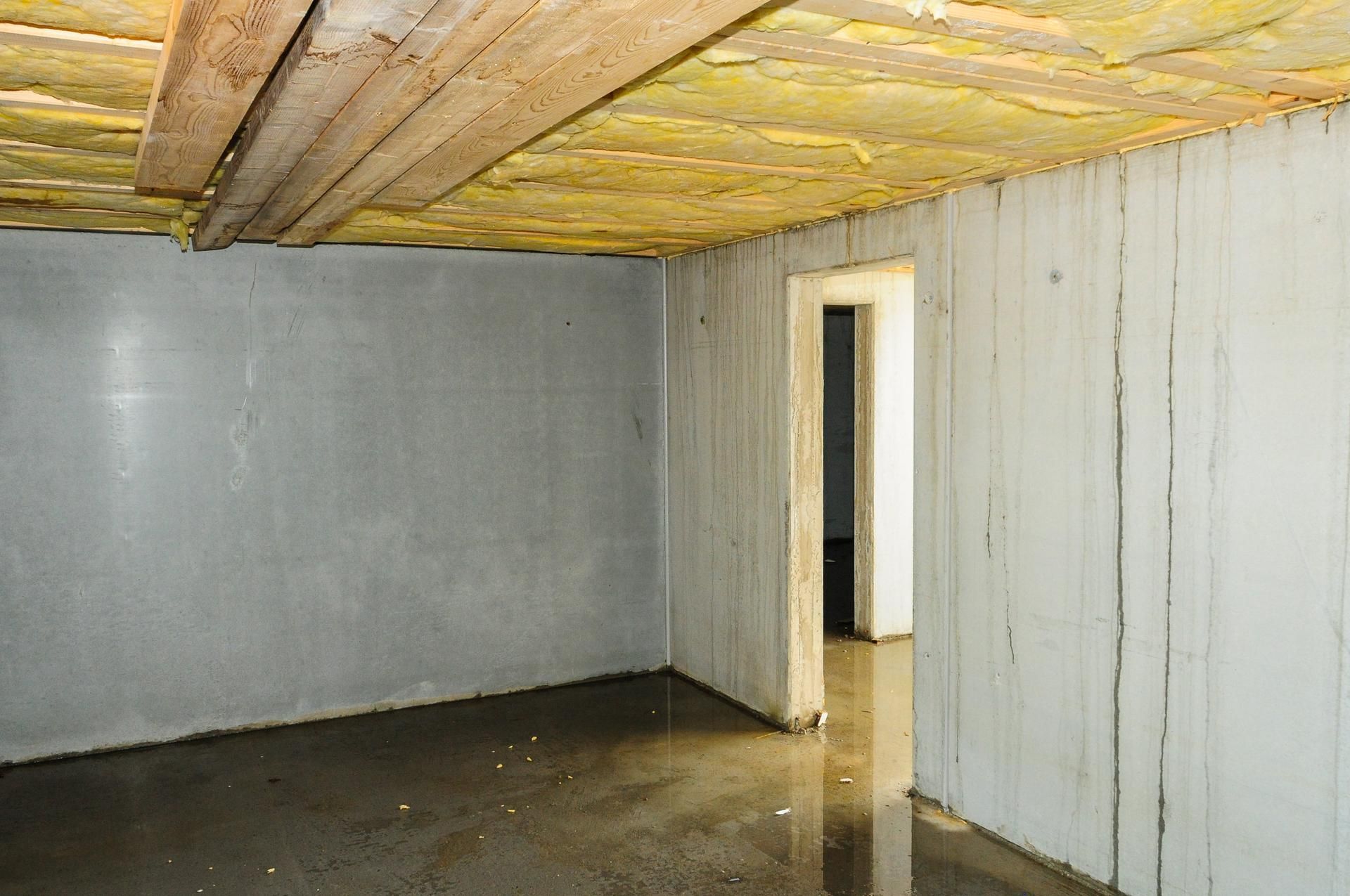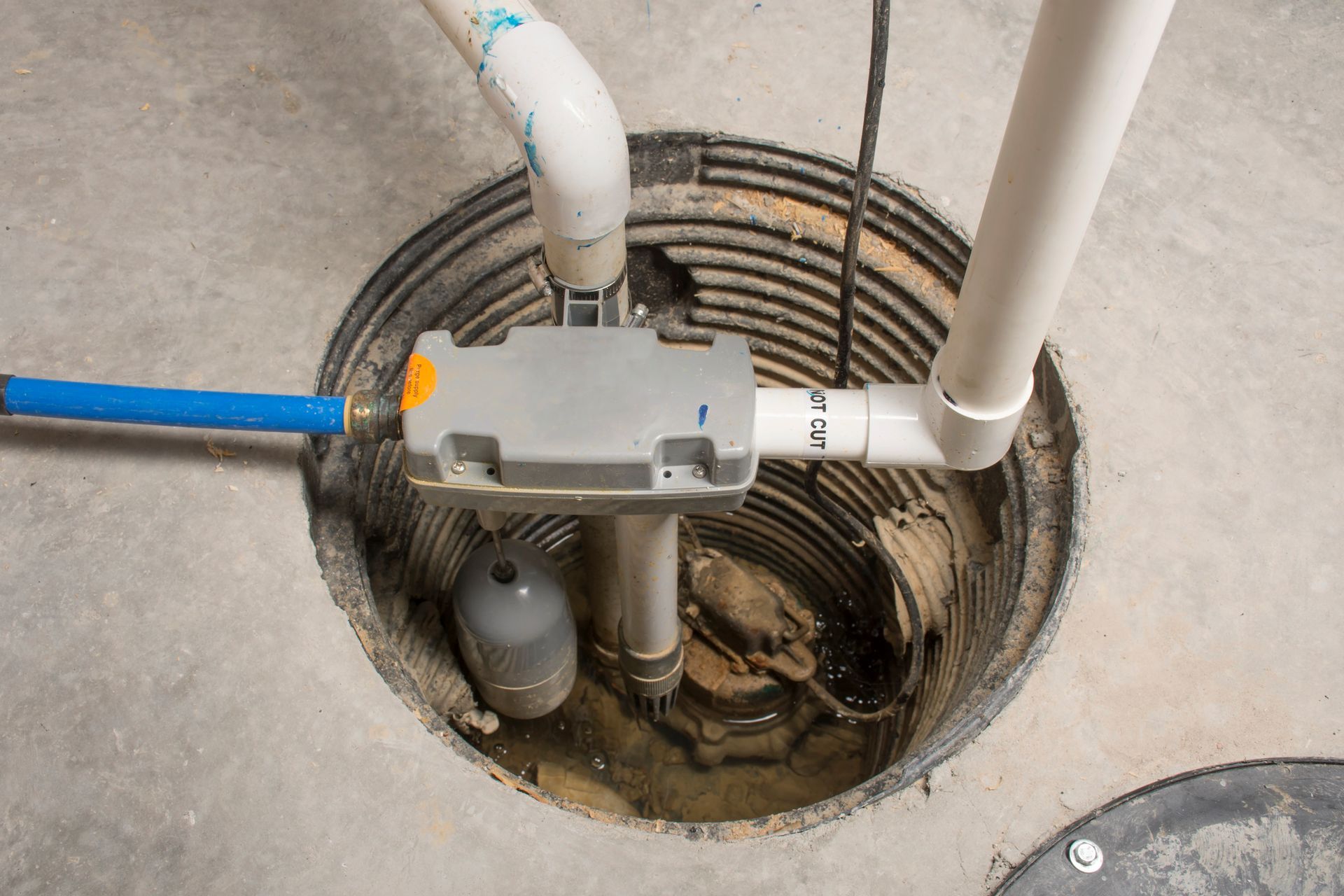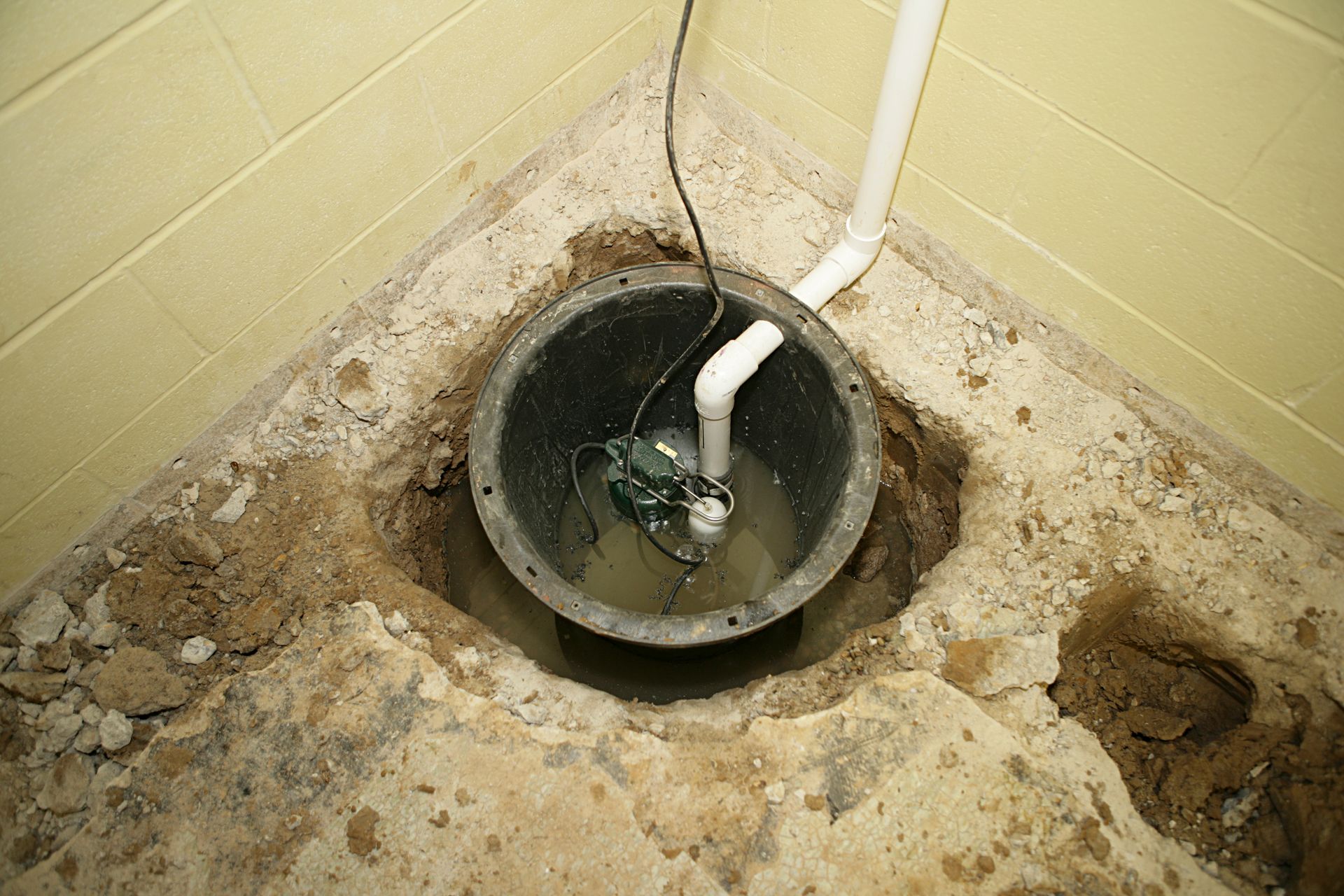Family Owned & Operated Since 1965
Contractors License #: BC-692554
EPA Lead Certified: NAT-70330-02
Signs You Should Waterproof Your Basement

Your basement is an important part of your home, providing extra living space and storage. However, it can also be a vulnerable area that is prone to water damage. Waterproofing your basement is crucial in order to protect your home from potential issues such as mold, mildew, and structural damage. It can also make current water damage less likely to worsen. As you read on, you'll learn the signs that indicate it's time to waterproof your basement, the benefits of doing so, what the process entails, whether you need to waterproof an unfinished basement, and how often you should have it done.
Signs You Should Waterproof Your Basement
There are several warning signs that indicate your basement may be in need of waterproofing, including wet carpets and crumbling drywall. You may also notice a wet or musty odor coming from walls and floors or see visible mold or mildew growth in ceilings. Additionally, water stains on walls or floors, peeling paint or wallpaper, and cracks in the foundation may indicate you have water damage in the basement area. Sometimes, the water damage is more on the exterior of your property, and your basement walls appear to be 'weeping' both inside and out. If you notice any of these signs, it's important to contact a professional promptly in order to prevent further damage to your home.
The Benefits Of Basement Waterproofing
Basement waterproofing offers a wide range of benefits for homeowners, including making the space more comfortable and safe to use or live in. Basement waterproofing helps to protect your home from water damage in the first place, helping to avoid costly repairs down the line. It also improves indoor air quality by preventing mold and mildew growth. Additionally, waterproofing your basement can increase the value of your home by creating a dry and usable living space.
What Does Waterproofing Your Basement Entail?
The process of waterproofing a basement typically involves sealing cracks in the foundation walls and floors, installing drainage systems to divert water away from the foundation, and applying a waterproof coating or membrane on the walls and floors to prevent moisture penetration. Depending on the severity of the issue, additional steps such as installing sump pumps or exterior drainage systems may be necessary. Discuss all your basement waterproofing concerns with your basement specialist.
Do You Have to Waterproof an Unfinished Basement?
While it's not always necessary to waterproof an unfinished basement, doing so can still be beneficial in preventing future issues with moisture and water damage. Even if you don't currently use your basement for living space, waterproofing can help protect the structural integrity of your home and prevent potential problems down the line. It also makes your basement more ready for future finishing.
How Often Do You Have to Have Basement Waterproofing Done?
The frequency at which you need to have your basement waterproofed will depend on several factors, such as the age of your home, the climate in which you live, and any existing issues with water infiltration. In general, it's recommended that you have your basement inspected for signs of water damage on a regular basis and address any issues promptly.
Waterproofing your basement is essential in order to protect your home from potential water damage and other issues such as mold growth. By being aware of the signs that indicate it's time for waterproofing and understanding the benefits of doing so, you can take proactive steps to ensure the health and longevity of your home. Whether you have a finished or unfinished basement, regular maintenance and inspections are key in preventing costly repairs in the future. Don't wait until it's too late – call our basement waterproofing specialists today to learn more.
CONTACT INFORMATION
Address: 448 Lilac Street, Lino Lakes, MN 55014
Email: maureen@rite-waywaterproofing.com
Phone: (651) 786-0550
Contractors License #: BC-692554
EPA Lead Certified: NAT-70330-02




